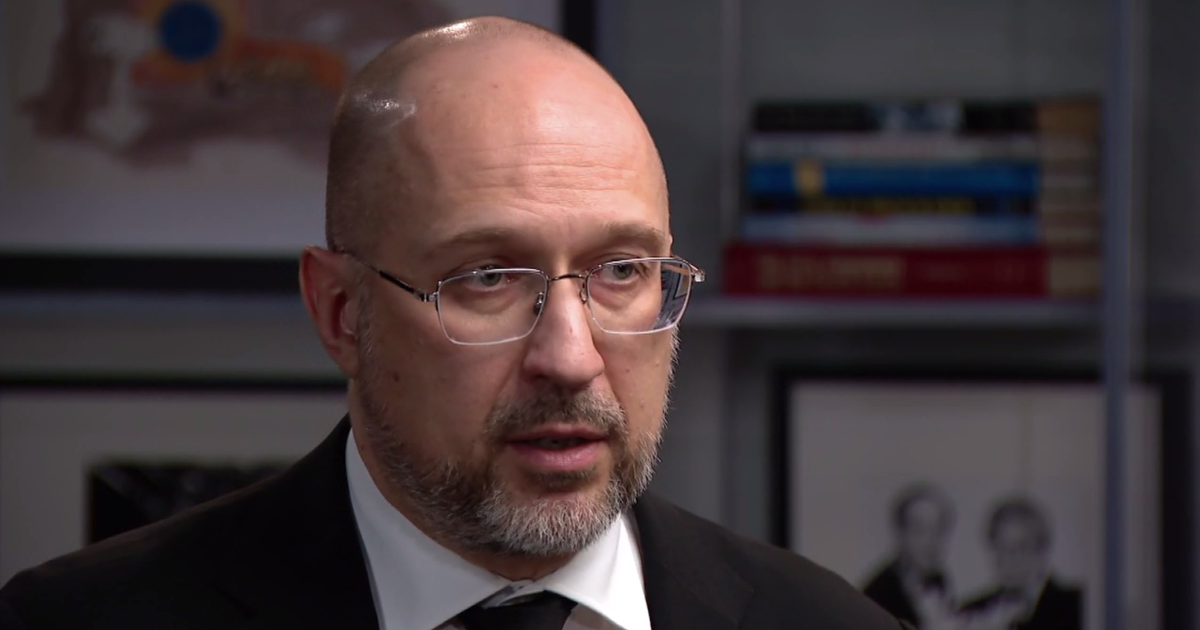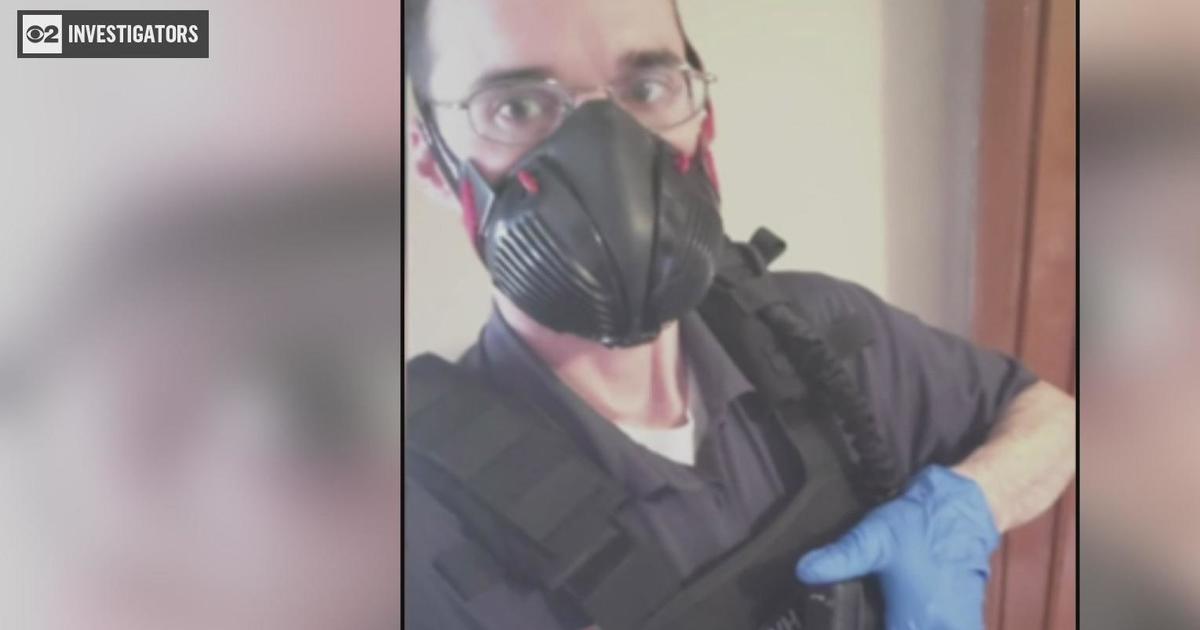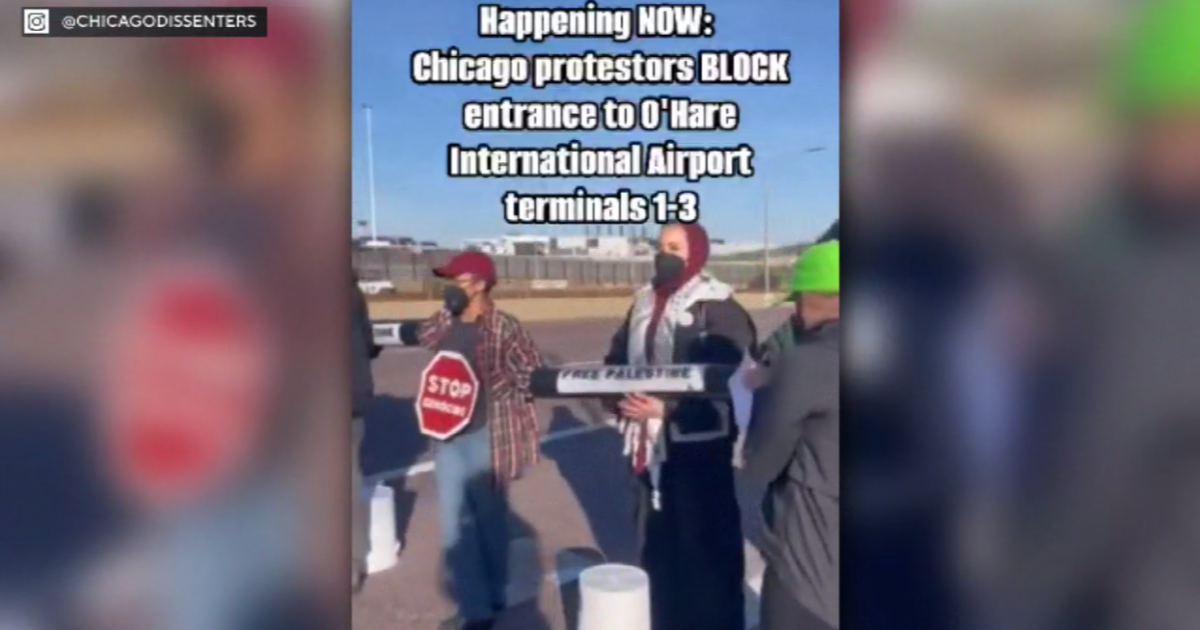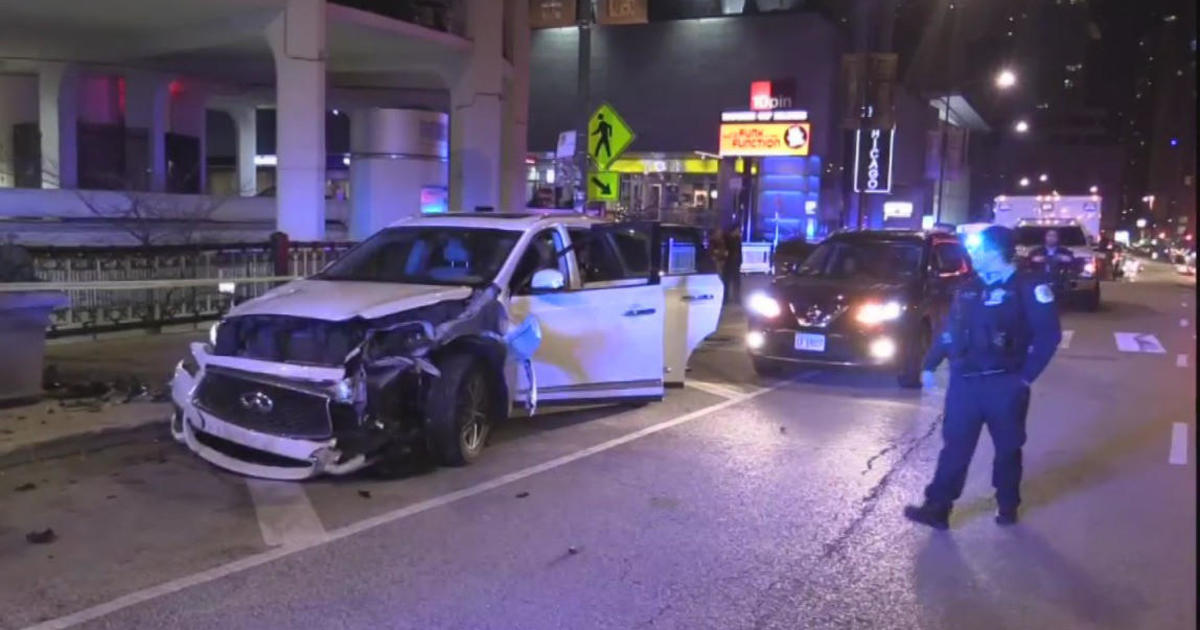Federal Judge Upholds Gov. JB Pritzker's Stay-At-Home Order; Denies Restraining Order Sought By Northwest Illinois Church
CHICAGO (CBS) -- Acknowledging the small religious gatherings allowed by Gov. JB Pritzker's stay-at-home order "are imperfect substitutes" for traditional church services, a federal judge denied a temporary restraining order sought by Beloved Church in the small northwest Illinois town of Lena.
Pastor Steve Cassell last week filed a federal lawsuit accusing Pritzker of showing an "illegal and discriminatory hostility to religious practice, churches, and people of faith" during the pandemic. The lawsuit sought an injunction allowing Beloved Church to hold in-person services for its congregation of roughly 80 people.
While nearly every house of worship on America sits dark the Worshipful at Beloved Church stands firm – they say in-person faith is "essential," CBS 2's Chris Tye reported.
"You cannot minister to a person's heart, and provide for their spiritual needs and the needs of their soul, by being just electronically distanced," Cassell said.
"If grocery is essential, then if people are Christians, that is essential also," said Bill Dietz of Lena.
But this past weekend, U.S. District Judge John Lee rejected that temporary restraining order, ruling Pritzker's order to be constitutional, noting the extended stay-at-home order allows for churches to hold drive-in services, online services, or in-person services for up to 10 people.
"The religious activities permitted by the April 30 Order are imperfect substitutes for an in-person service where all eighty members of Beloved Church can stand together, side-by-side, to sing, pray, and engage in communal fellowship. Still, given the continuing threat posed by COVID-19, the Order preserves relatively robust avenues for praise, prayer and fellowship and passes constitutional muster," Lee wrote in his 37-page ruling.
CBS 2 Legal Analyst Irv Miller said Lee's ruling is significant, "because it gives the governor ammunition in dealing with isolated cases like this throughout the state."
Lee cited two cases of Supreme Court precedent which have held that the freedom of religion does not include the right to expose the community to an outbreak of a contagious disease.
"Even the foundational rights secured by the First Amendment are not without limits; they are subject to restriction if necessary to further compelling government interests—and, certainly, the prevention of mass infections and deaths qualifies. After all, without life, there can be no liberty or pursuit of happiness," Lee wrote.
Miller said one of the legal precedents from 1905 that still holds today.
"Hey, listen - the First Amendment is not absolute even when it comes to religion," Miller said. "There are exceptions to every part of the Bill of Rights, including the practice and establishment and free exercise of religion."
The judge said blocking Pritzker's order not only would risk the lives of the church's members, but their families, neighbors, co-workers, and surrounding communities.
"While Plaintiffs' interest in holding large, communal in-person worship services is undoubtedly important, it does not outweigh the government's interest in protecting the residents of Illinois from a pandemic," he wrote.
According to published reports, despite the judge's ruling, Beloved Church held services for 60 to 80 people on Sunday, and provided masks and hand sanitizer, and required families to stand six feet apart.
Pritzker called the decision to go ahead with such a large service "an enormous mistake."
"I am very hopeful that we aren't going to need to send teams in to do mass testing among the people who may be spreading the virus in their community," he said.
While the governor said it's important for people of faith to get together with their parishioners, he said they should only do so in groups of 10 or fewer during the pandemic.
"We've asked pastors to reach out to their parishioners and try to do that online; or get in small groups, bible study in a small group, again socially distant; and we've provided other suggestions of ways people could get together to have services," he said.
Asked if he would order Illinois State Police to enforce the order if the church continues to defy it, or if he would urge county officials to do so, Pritzker said "We have always asked local law enforcement, local officials to enforce these orders."
"The best way to do that of course is a reminder to the pastor and to the parishioners, that they're putting themselves and others in danger by holding a service like this," Pritzker said.
The governor said local authorities should focusing on asking people to disperse, and suggested arrests should be a last resort.
"If people are persistently defiant, they can be put in jail," he said.
While Miller said the governor has the authority to order Illinois State Police or the Stevenson County Sheriff's office to enforce the order if the church continues to hold services with more than 10 people, he said it appears the governor would prefer to educate people about the dangers of large gatherings, rather than threaten arrests.
"The governor has a lot of ammunition, but I don't think that he wants to use that ammunition to really stop this from occurring. Hopefully, the pastor will realize that this decision was well-reasoned, it makes sense, it provides some of the relief that he wanted, and we won't have to get to that point," Miller said.
Miller also noted the extended stay-at-home order gives churches more options for holding services than the original mandate, as long as services follow social distancing guidelines.
"The governor issued an executive order after this lawsuit that was filed that basically gives this church and other religious organizations a lot more freedom to practice than they had last month, when this lawsuit was filed," he said.
If arrests were made on charges of reckless conduct, a year in jail could be possible for the pastor or anyone who comes to the church.
But Miller said the way to bring the temperature down on all this may be for the governor to call the pastor and talk about it.



